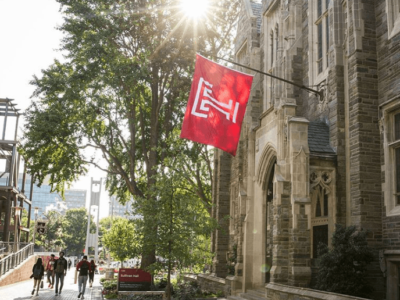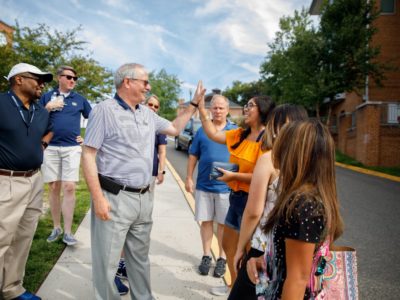You walk onto Temple’s campus as a freshman, ready to take on the world and master your favorite subject. But wait—you can’t touch your major classes before taking general education requirements. All students can agree on how much of a headache planning out Gen Ed courses can be, especially when it comes to weeding out boring professors or difficult classes. Save yourself from stress by taking some easy and fun classes to complete those dreaded requirements.
Sail smoothly through your semester with these 10 gen eds in your schedule.
1. Art: Shakespeare in Movies
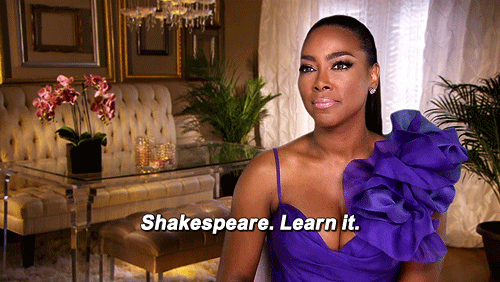
You may see Shakespeare listed here and groan in dismay. Shakespeare In Movies has a lot more going for it than those exhausting English classes you’ve finally escaped. With Professor Puchek, you’ll only have five books to read for the course, which you’ll discuss in class. The class mainly consists of watching Shakespeare movies like Titus Andronicus, Hamlet, Richard III, Much Ado About Nothing and Twelfth Night. Professor Puchek puts on the movies in class to complement the readings students do prior to class. While the workload may sound a little difficult with five easy quizzes, two papers and a final project at the end, the professor spreads out the assignments to make it easier. And best of all, he sometimes gives Fridays off.
2. Human Behavior: Teens and Tweens

Remember being a pre-teen or a teenager in high school? Those were the best, worst and honestly most confusing times of our lives. This course teaches how children become teenagers and develop into adults. Sophomore Humyura Anika recommended taking Professor Lenny Washington for this class. “It was easy because finals and midterms are take home and it was super easy cause it was all based on own opinion,” said Anika. “[There are] no right or wrong answers. One group presentation which was easy because you have to pick a teenager show and talk about it. Attendance was mandatory, but he was pretty chill with it.”
3. Race and Diversity: History & Significance of Race in America
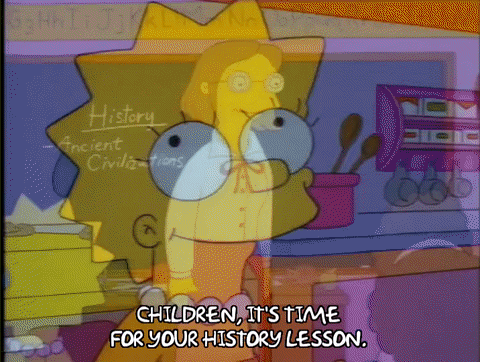
If you’ve got any interest in learning about the history of race and minorities, then you’ll love this class. You’ll focus on different racial groups in the U.S., exploring how the government treatment of different races varied throughout the American history. According to sophomore Tanzeelah Anwar, Dr. Stricker— or Mary, as she likes to go by, grades easy and cares about her students, making her class the perfect intro for anyone who wants to explore a different side of history. “For each class, we do a really short reading beforehand and then during class, she lectures on the reading and asks questions. We have two exams, but they’re super easy and based on the PowerPoint slides that she has,” said Anwar. “Also, there’s three reaction papers that are basically a really short two pages double-spaced paper about one of the class discussions.”
4. U.S. Society: Religion in Philadelphia
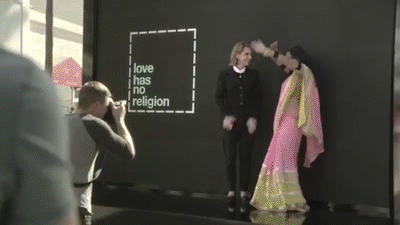
In a country founded on freedom of religion, you can find some pretty varied religious landscapes if you look, especially in Philadelphia. Religion in Philadelphia explores the idea of numerous religions that many ethnic and immigrant groups practice in the City of Philadelphia, where they live. Sophomore Kerilyn Musnuff said, “Student should take Professor Melissa Heller for this class because she’s an easy grader and is a laidback teacher. There are no tests or quizzes for the class, but there are three group projects and reading responses— basically summarizing and asking a few questions about the assigned reading— each week.”
5. World Society: Global Cities

Do you know how changes in the global economy affect the lives of people from Cairo to Chicago, or how massive rural to urban migration in China and India affect the global environment? Global Cities teaches students about understanding the world around them, digging into globalization and how it affects different countries. “I recommend taking Professor Joseph Taylor for this class. There are only four response papers and one group presentation,” said junior Amna Butt. “He gives unexcused absences and is very flexible with giving extensions for the papers! Also, there’s no need to read the required texts, he goes over everything in class and is very nice.”
6. Science and Technology: Disasters: Geology vs. Hollywood

“The easiest gen ed I took was Disasters: Geology vs. Hollywood with Professor Steve Peterson. It was super easy because his tests were based off the slides and we got to watch a lot of cool movies like San Andreas. I got a 99 percent in the class so it was great,” said sophomore Taylor Horn. You may never look at Sharknado again the same way, but that’s a small price to pay. Students learn about natural disasters and how Hollywood movie portrays them versus how they actually happen in real life. It also teaches students about disasters preparedness and calculates when one will occur, making it one of the few classes you’ll be able to use in real life.
7. Art: World Music & Cultures
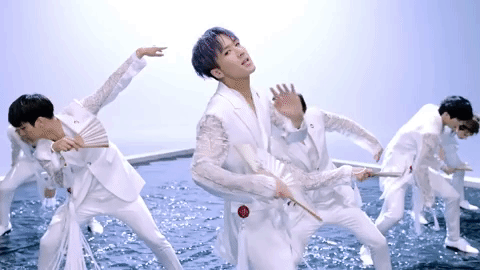
Did you know Chinese melodies only use five notes? Or that Japan actually counts silence as a structural element in music? Artists all over the world use their cultural values to create their own style of music, and in World Music & Cultures you’ll learn how the cultural values of society mold an artist’s creative imagination. Students listen to guest musicians with very different styles of playing and get to attend a live concert. They examine folk, art and popular music from around the world and discuss the wonderful and strange sounds produced by it. “I suggest students take Professor Lindsay Weightman for this class. The workload is very light and she was so nice in grading like, I could turn something in late and she’d still give full credit,” said sophomore Rvhiey Vergara.
8. Human Behavior: Youth Culture

Throwback to your teenage years by examining the fashion and social trends that accompanied it. Youth Culture teaches students all about their own culture and trends and how it evolved throughout the years. You’ll learn how hip hop, social media and the latest trends change and affect the lives of not only American teenagers but the rest of the world. This course helps students understand the younger generation better and see how each generation keeps changing every year. “Youth Cultures with Juris Milestone was about new technology and our generation with social media and stuff. We read a couple books and watched movies for each book. He was a good professor and kept me interested in the content,” said sophomore Hannah Moerman.
9. Human Behavior: Meaning of Madness
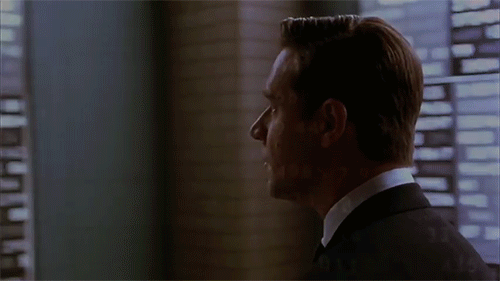
Sybil, A Beautiful Mind, Silence of the Lambs… if you perked up at hearing any of these movies, Meaning of Madness will make your Human Behavior Gen Ed feel more like play than work. In Meaning of Madness, you’ll learn about different types of mental illness, how it affects different types of people and what those words actually mean. Dr. Frank Farley teaches this class with an infectious passion, and you’ll definitely pick up some of his enthusiasm along the way. You’ll dive deeper than dictionary definitions, too, as you study biological, social and cultural factors that influence mental illness, perceptions of individuals with mental illness and treatments of mental illness over time and across cultural groups.
10. Science and Technology: Exploring the Cosmos

Have you ever looked at the stars at night and wondered how about its creation? Exploring the Cosmos introduces students to the basics of astronomy and the current understanding of the extrasolar universe, from the history of the universe to how ethics, science and different cultures play into that aspect. Students also get to visit the planetarium and observe the galaxies from an actual telescope. And the survey says, take this class with Professor Matthew Newby. “Class attendance is not mandatory, but the class is split into groups on breakout days which is once a week for review. Three exams and the final is optional, depending on your grade. It’s a fairly good class with a good professor,” said sophomore Moeis Butt.

